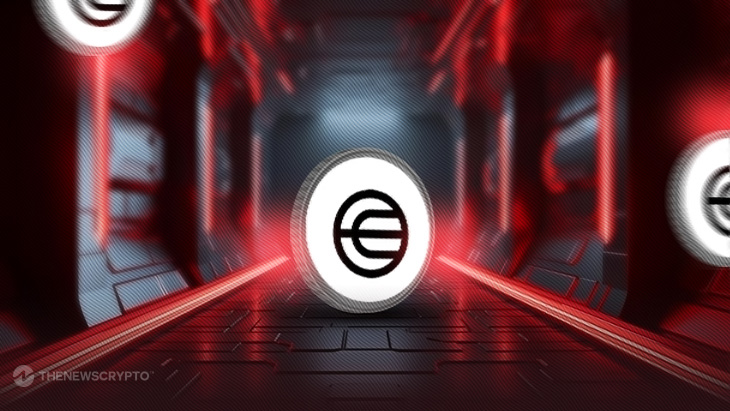Concerns regarding the security of Worldcoin’s biometric data gathering have prompted privacy regulators to look into the ID firm.
Worldcoin is attracting the attention of privacy regulators all around the world weeks after its global launch, with Kenya’s government even going so far as to shut down the service permanently.
The Silicon Valley-backed worldwide ID business is currently defending itself in inquiries into whether the biometric data it is gathering is indeed safe.
Here is what you should know about Worldcoin and the issues it is causing.
Read also: Altman, others launch Worldcoin Crypto project
Peculiarities of Worldcoin
Sam Altman, the CEO of the business famed for its artificial intelligence chatbot ChatGPT and for which he is best known, is the creator of Worldcoin.
Giving individuals a form of identity that can never be stolen or copied is the aim of Worldcoin and the business that supports it, Tools for Humanity. A person’s eyeballs are scanned by “orbs,” a gadget that takes a photo of their iris, the coloured portion of the eye, to establish a “World ID” for Worldcoin.
Online services, where users frequently need to remember several passwords and usernames for various websites they have registered for, are one potential use for such an ID.
However, such websites’ security might have issues, and there have been many security lapses when usernames and passwords have been taken. A user might simply join up using their World ID rather than antiquated technologies like passwords.
Worldcoin’s affiliation with crypto
Although Worldcoin is primarily an identity initiative, it uses cryptocurrencies to entice users to sign up. The price of a Worldcoin token is now at $1.90, however speculation has more of an impact on the token’s worth than the fact that it can currently be used as money.
Early adopters of Worldcoin were given a quantity of cryptocurrency valued between $50 and $60 as part of the promotion when it first launched in July. The majority of the nations where Worldcoin first debuted don’t utilise or accept cryptocurrency broadly.
Furthermore, in underdeveloped nations where individuals are being urged to join up, like as Kenya, where the average monthly salary is around $170, $50 is a significant sum of money.
CryptoRom fraudsters use AI to defraud iPhone, Android users
Why the Spotlight is on Worldcoin
At a registration centre in Nairobi last week, tens of thousands of Kenyans queued up to have their irises scanned by Worldcoin in return for 25 coins worth approximately $50. A separate queue for women who waited with their toddlers strapped to their backs was part of the predominantly youthful audience.
Some of the people waiting in queue informed the local media that they had come a long way because friends had told them “free money” was being given out. They admitted they had no idea why their irises needed to be scanned or what would be done with the data, but they just cared about getting paid.
University graduates were among those who waited for hours, making reference to Kenya’s high unemployment rate and the nation’s widespread resentment of the country’s growing cost of living.
Since then, the Kenyan government has halted new Worldcoin registrations while it looks into whether users’ personal data is being secured appropriately.
According to last week’s statement from Interior Minister Kithure Kindiki, “investigations of the safety and protection of the data being harvested and how the harvesters intend to use the data” have begun.
The privacy concerns
By snapping pictures of a person’s iris, Worldcoin’s orbs gather biometric information. Privacy experts worry that Worldcoin may use the data for other purposes, such as personalised marketing, despite the company’s claim that it is intended to generate a distinctive, secure form of identity.
















